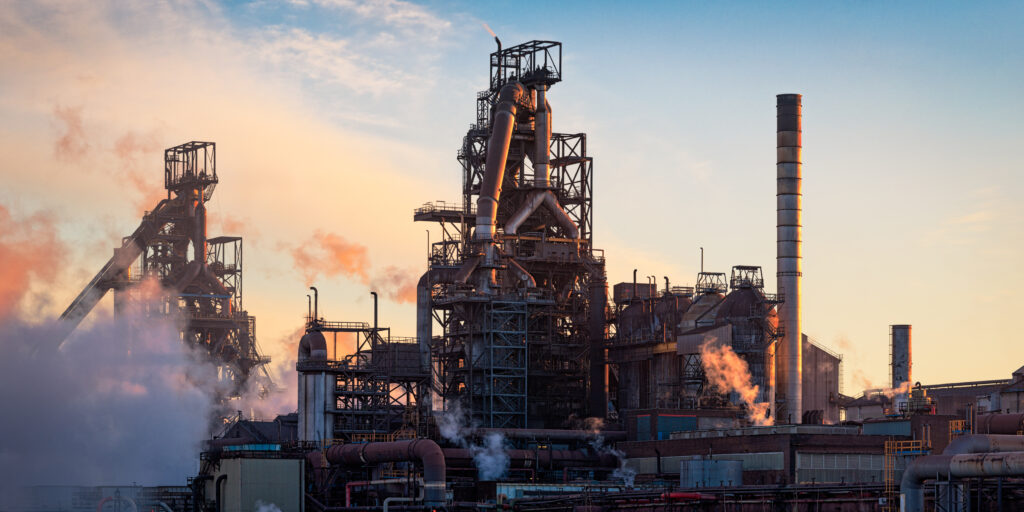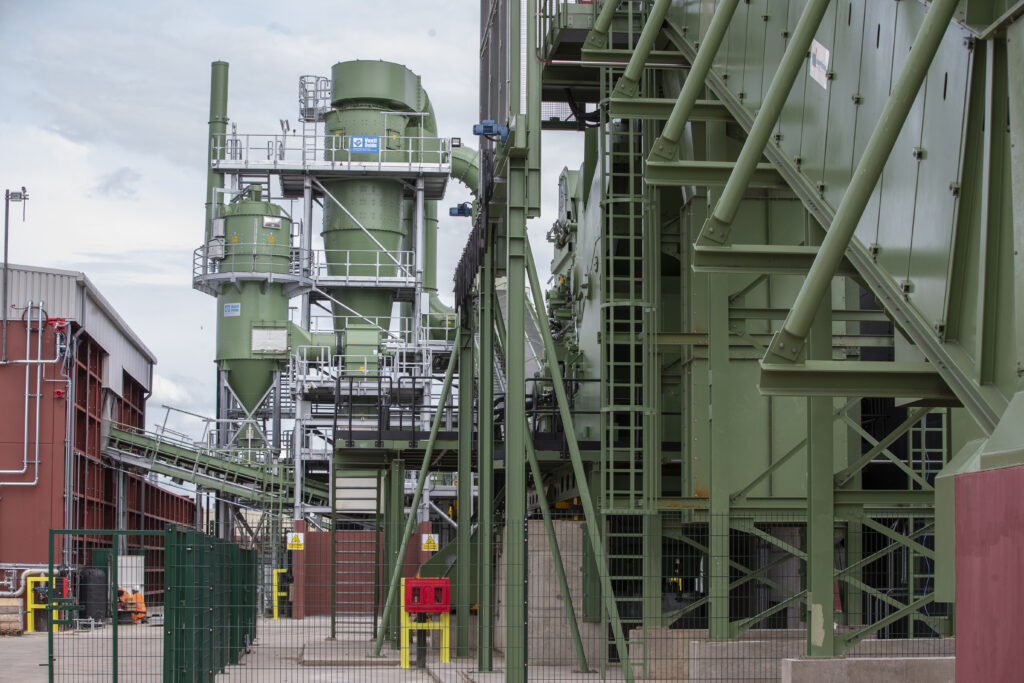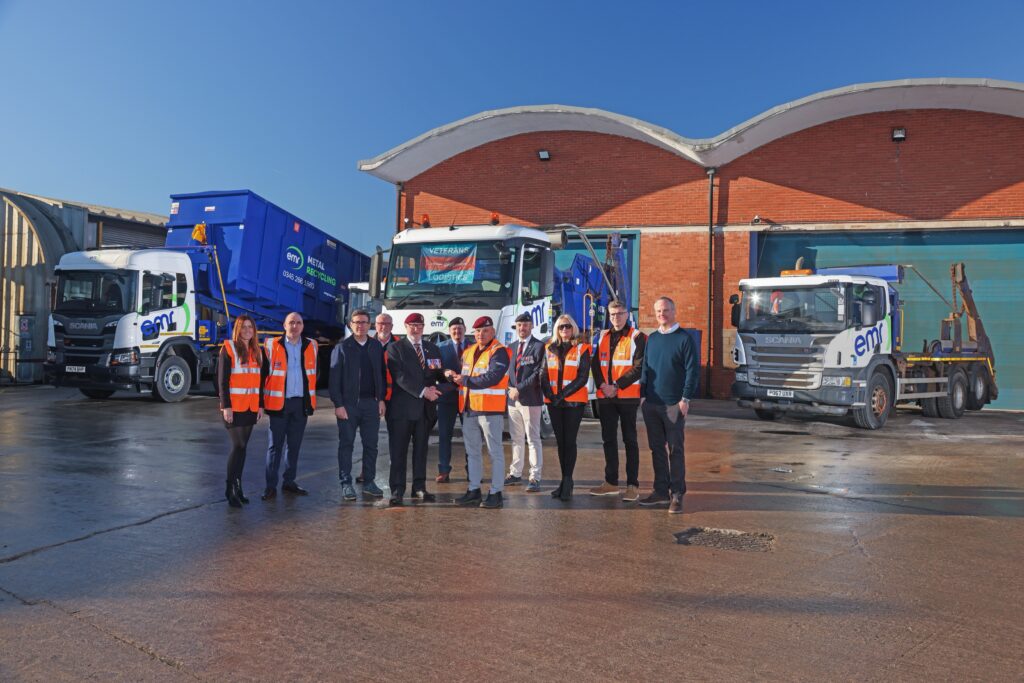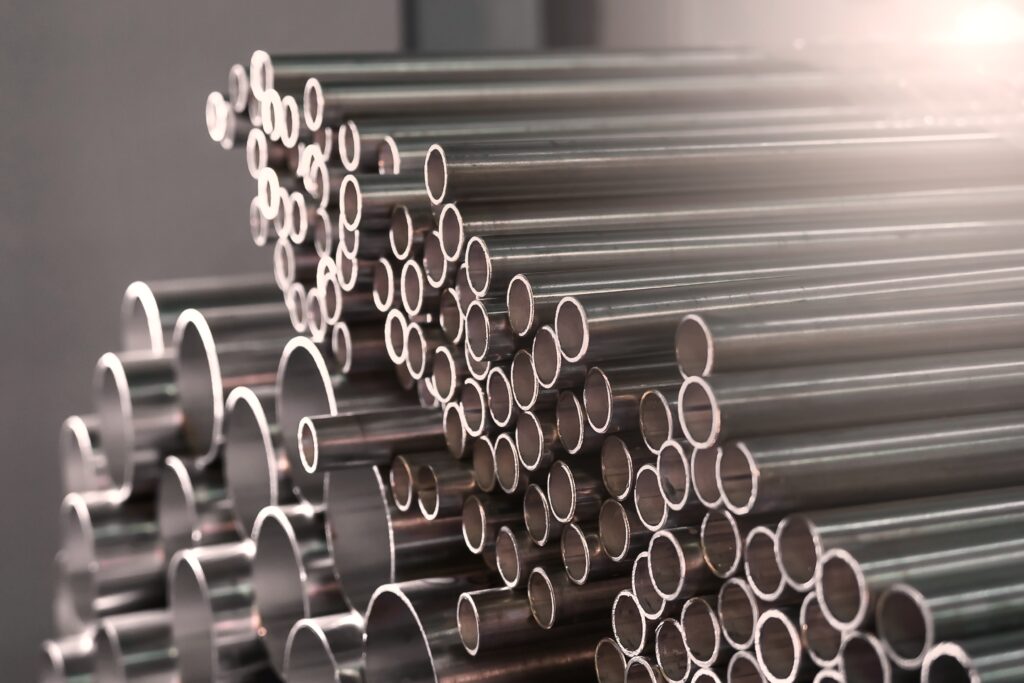In an announcement today (16 May), Tata said the “powerful alliance” forms part of its nationwide drive to “educate and engage local authorities and their communities in steel packaging recycling”.
Nicola Jones, manager for steel packaging recycling at Tata, said: “Our partnership with LARAC marks a major step forwards for our campaign to educate consumers and local authorities nationwide about the incredible power of steel packaging recycling.
“Consumers’ recycling habits can determine the quality of the bales we receive for melting. If they adopt the right recycling habits – putting the right items in recycling bins – then bale quality is high, which leads to higher recycling rates.”
Partners

As one of LARAC’s key partners, Tata Steel said it will highlight its “easily-accessible collection and recycling infrastructure in the UK to the 311 local authorities that LARAC represents across the country”.
Tata Steel is the largest steelmaker in the UK with primary steelmaking at Port Talbot in South Wales supporting manufacturing and distribution operations at sites across Wales, England and Northern Ireland as well as Norway, Sweden, France and Germany.
Through its collaboration with LARAC, Tata Steel said it will also help to promote Metal Matters, the communications programme that helps local authorities to “educate householders about metal packaging recycling and to motivate them to boost their recycling habits”.
Recycling
The UK’s steel packaging rate stood at around 81% in 2021, against a target for 82% proposed by Defra for 2024 and 85% for 2030.
Tata Steel employs more than 8,000 people and has an annual crude steel capacity of 5 million tonnes, supplying steel products to markets including construction and infrastructure, automotive, packaging and engineering.











Subscribe for free